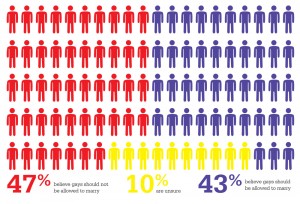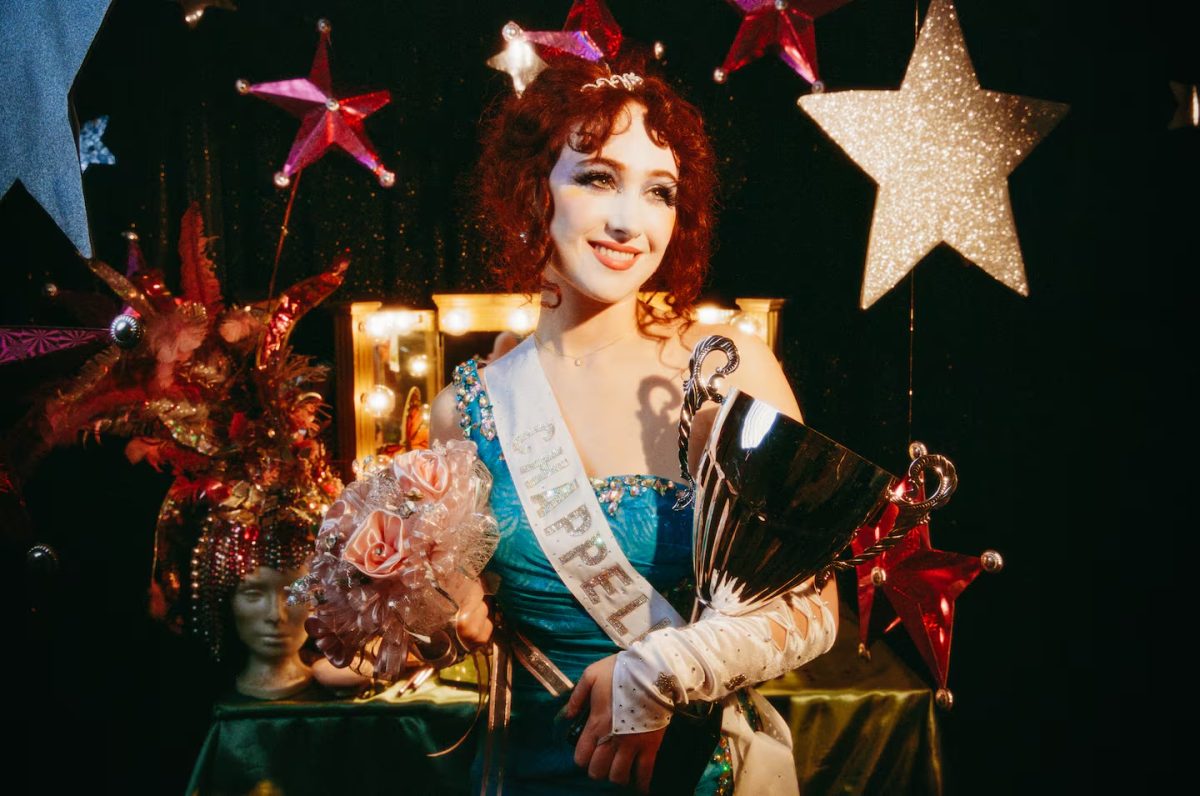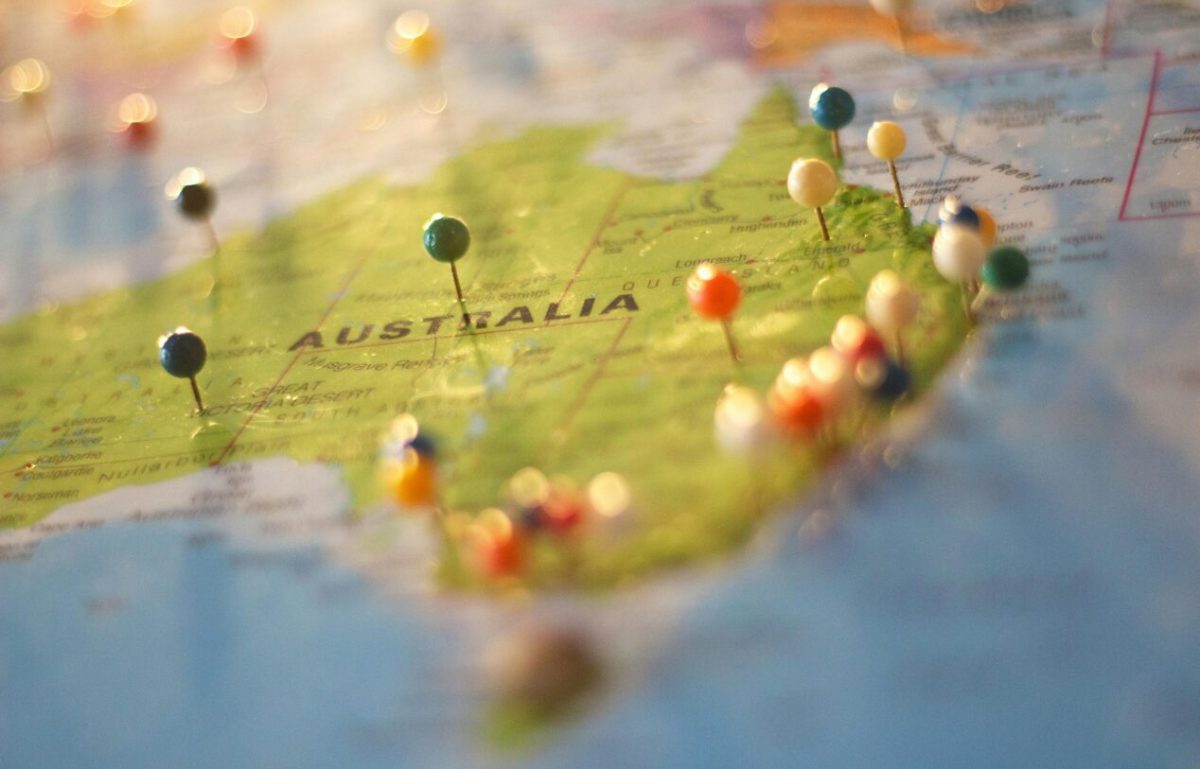Aine McCarthy
When I was a little girl, I played “show me yours and I’ll show you mine” with another little girl from up the street. I didn’t know what playing this meant to adults; I just knew that I was curious if the other little girl looked like me.
But, being the good little girl she was, she told her mommy, who then called my mommy, and I was no longer allowed to play
with the little girl from up the street.
After that, I kept my tiny curiosities to myself…for a spell. I’d still play with the kids from my development: usually “house” or some derivative of that age-old game where we innocently reenact the “Honey, I’m home” of our parents, guessing at what it’s like to be adults. 
I always played the “man” of the house, either by choice or unanimous designation. I’m not sure why, but it appealed to me more than acting like the little woman while wearing one of my mother’s old smocks or aprons.
This same character trait also translated outside of make-believe games and anecdotes. In school, I would always try to be the tough one –– tougher than the other little boys. I had a point to make. I’d wrestle with the only little boy who was my age from down the street, just so I could prove that I was stronger and, perhaps, more manly than he was.
That didn’t go over too well, though, because his mother thought we were doing something else entirely. And then I was no longer allowed to play with the little boy from down the street.
I didn’t have many friends. My personality was just weird, and it was obvious to everyone else that no matter what I did or said, I was just trying too hard: playing up some facade that they could all see through.
I had sporadic friendships that usually only lasted through the summer because once school began again, it was unsavory to associate with the messed up kid.
There was one girl, however, who did pique my inquisitive nature again when I was a preteen. She was blonde, rowdy and a blast to play with. She was a bit of a tomboy, like me, and we got along well.
I remember, during one sleep-over, wishing she’d kiss me. I spent the night in a pull-out bed wondering if she’d mock me for asking, or –– gasp! –– acquiesce.
Since she’d never been friendly to me during school, I was fairly sure it’d be the former, and then I’d have provided fuel for another bout of cruelty by my classmates. She was the first in a long line of female friendships in which I wished there could be more.
It wasn’t just girls, though, who caught my eye. It was boys, too –– although I wasn’t as hesitant to commandeer a less platonic relationship with them. In fact, most partnerships I’d engaged in began with my typical peacock dance of asserting that I was the stronger, tougher, more aggressive of our pairing.
The quickest way to a boy’s heart is definitely making him feel inferior. In fact, I still do that when I’m interested in a guy. The difference now, though, is that I am no longer physical about it.
I realized in my late teens that my dream jobs of being a bouncer or a secret agent would never come to fruition. My height peaked at five feet, so I would always be less of a peacock and more of a chicken hawk.
Foghorn Leghorn will forever evade me. Once I resolved myself to the fact that a Rottweiler will never take a yapping Chihuahua seriously, I resorted to a different method of superior intimidation: verbal pugilism.
In fact, my current partner and I amalgamated after a lengthy session of “Who can be the biggest jerk-off.” I still maintain that I won.
But, have I? Even though I’ve had a few actual relationships with women, they’ve never been long-term. I grew up in the ‘80s and ‘90s, so my tastes were largely frowned upon.
Family members would refer to me as a dyke; my mother would heatedly insist that my female interest was a phase; my father was simply elated because it meant no penises were going anywhere near my baby maker.
And my classmates, well, it should come as no surprise that whenever a radio was available in 1995, they’d always turn on Jill Sobule’s “I Kissed A Girl” and sing it loudly, replacing “I” with my name. It didn’t have the same ring to it, though.
Twenty years later, a lot of headway has been made in orientation equality, but not enough. For some reason, a lot of people maintain that the U.S. is one of the forerunners in freedom and equal rights, but it’s actually a far cry from a lot of other countries.
I believe this is because a good deal of the majority (white heterosexuals) think there are more important issues in our country that require attention.
In fact, these same people continually snub Obama for all of his civil rights changes over the past four years. We may be near the top of the food chain in terms of obesity, technology and pop-culture icons, but we are still slow to embrace equality.
Granted, the stigma of being within the subjective confines of a LGBTQ role aren’t as harsh as they were when I was initially filled with budding curiosity, but the mindset still isn’t where it needs to be.
Furthermore, the sometime-notion that it’s just a bunch of older Christian conservatives who are against this community is really false, on a surprising level.
What a shock it was to find out during my marriage that my ex-husband was one such bigot, and he was a Pagan. It made for a very difficult relationship, especially since he was absolutely disgusted by that aspect of my orientation.
Those “other” people aren’t entirely to blame, however. I, too, am a practicing hypocrite because of my involvement with a private organization that bans homosexuals.
True, my orientation wouldn’t “adversely” affect the individuals to whom I am teaching various skills, but I am still propagating the discrimination by even being associated with them.
Admittedly, I am on and off the fence every year when it comes time to renew my membership, simply because I’m undecided whether my beliefs should negatively affect the youths I teach by removing myself from the organization entirely.
In fairness, though, my leaving would not impact them at all, so it’s probably out of simple defiance that I remain –– or maybe selfishness.
Perhaps it is this hypocrisy that keeps the U.S. off that list of 12 other countries that have embraced marriage equality. But, think about it: 12 countries out of 196 (last I checked). Twelve. The most recent country being France that, amidst a scarily ruthless slew of violence, prevailed for their population. A country that a lot of Americans I know consider to be filled with nothing but arrogant, rude winos.
In all likelihood, our incessant need to stereotype, to apply a label for everything, is our biggest failing of all. It’s how we digest difference, and how we perpetuate the vitriol that surrounds anyone — not just the LGBTQs — to the point that an American notion of equality is utterly laughable.
Do people still call me a dyke? No. Do I still hear bigoted utterances of such a derogatory nature such that, in the past, I’ve considered quitting my job? Yes. Did I? No. Will I be removed from the aforementioned organization after publishing this? Probably.
See? There’s still a lot of work to do. But, in the interim, merci beaucoup, France!






